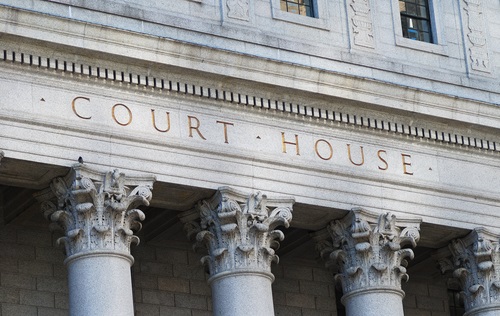Is Obtaining Court Records Easy?

Courts records can be a valuable tool when conducting employee background checks on your applicants. You must pull data to first see where the individual has lived. Then determine the courts that you will be obtaining court records in. Depending on the state that you reside in you could be checking district or circuit courts, when another state may call their courts superior or supreme. They are housing the same information regarding the court records. Some of the records that you could obtain include felony, misdemeanor, minor traffic tickets, or civil cases.
Employers use the information in court records to help determine whether an applicant will be considered for employment. Not obtaining court records on potential applicant can be risk and cost you money in the long run. Does the job involve children? Handling money? Entering clients’ homes? Knowing who your potential employee is and their past is integral part of the hiring process. Background Check Central offers other searches beyond obtaining court records such as driving record, credit report, sex offender searches and verifying the applicant’s past employment as well as education.
Obtaining Court Records Restrictions
Obtaining court records is an easy process for us to do at Background Check Central. When we get the records back from the court whether it is a lower court or higher court we know exactly what to look for. We must also make sure we are abiding by the Federal Credit Reporting Act (FCRA) when we are reporting the court records to our clients. Some states have certain restrictions on how far back we can report records. California and New York have a pretty strict reporting restriction rules, we can only report convictions that date back 7 years based on the disposition date and we cannot report any non-convictions except for pending charges. Texas, we can only report convictions that date back 7 years after the disposition date, but we can also report non-convictions that report 7 years based on the arrest date. In Michigan and several other states, we can report convictions as far back as the courts have a record, they do not have restrictions.
These types of restrictions can get very confusing, and we must stay on top of new laws passing in each state almost every day. Obtaining court records is something that we do every day and happy to help our clients understand what we can and cannot report for them. If you are unsure the restrictions that your state has, don’t hesitate to ask us.
Criminal Records vs. Civil Records
Even though when we are obtaining court records we can look in the same court house for criminal and civil records. You make think that they act as the same records, but criminal records and civil records are very different. Criminal records are found when a crime has been committed and civil court records are typically regarding a dispute between you and another party that you take to court to settle. Both types of records are a helpful tool when choosing an applicant for employment.
Felonies and misdemeanor cases are records that have to do with crimes. Felonies are more serious crimes than misdemeanors. They typically carry a minimum of one year in jail and have no maximum sentence. Some examples of felonies include: murder, sex related crimes, arson, burglary, fraud and aggravated assault. There are also several degrees of felonies, which vary by circumstance and state law. Misdemeanors are a lesser crime punishable by no more than 12 months in jail, fines, probation and/or community service. A few examples of misdemeanors are: petty theft, trespassing, disorderly conduct and simple assault. Like felonies, misdemeanors also go into different classes depending on the circumstance and state law.
Civil court records show a wide variety of lawsuits. Small Claims, Landlord Tenant/Evictions, Divorce and Child Custody Matters, Contractual disputes and personal injury lawsuits are just a few examples of civil court records. These can help you to determine if the applicant has multiple civil records, where they sue employers a lot or possibly a lot of personal injury cases. You don’t want to have someone that will be a liability working for you.
From misdemeanor and felony convictions to civil litigation, obtaining court records provides a glimpse into the life of the applicant. While the court system can be overwhelming to some, the background screeners at Background Check Central know the system well and can get employers the records they need. Call us today and let us create a search package that is tailored to your company’s needs.
